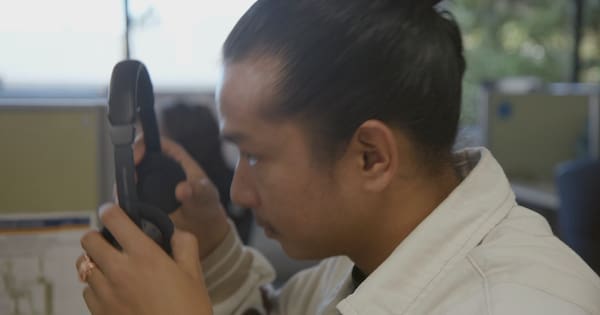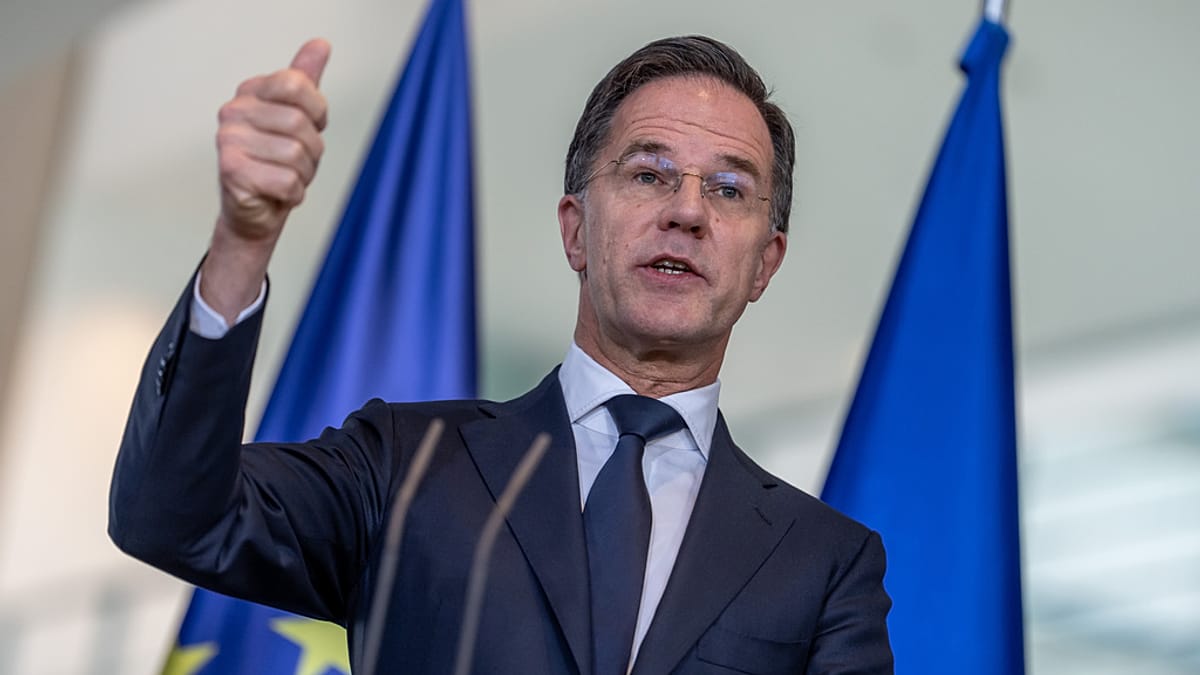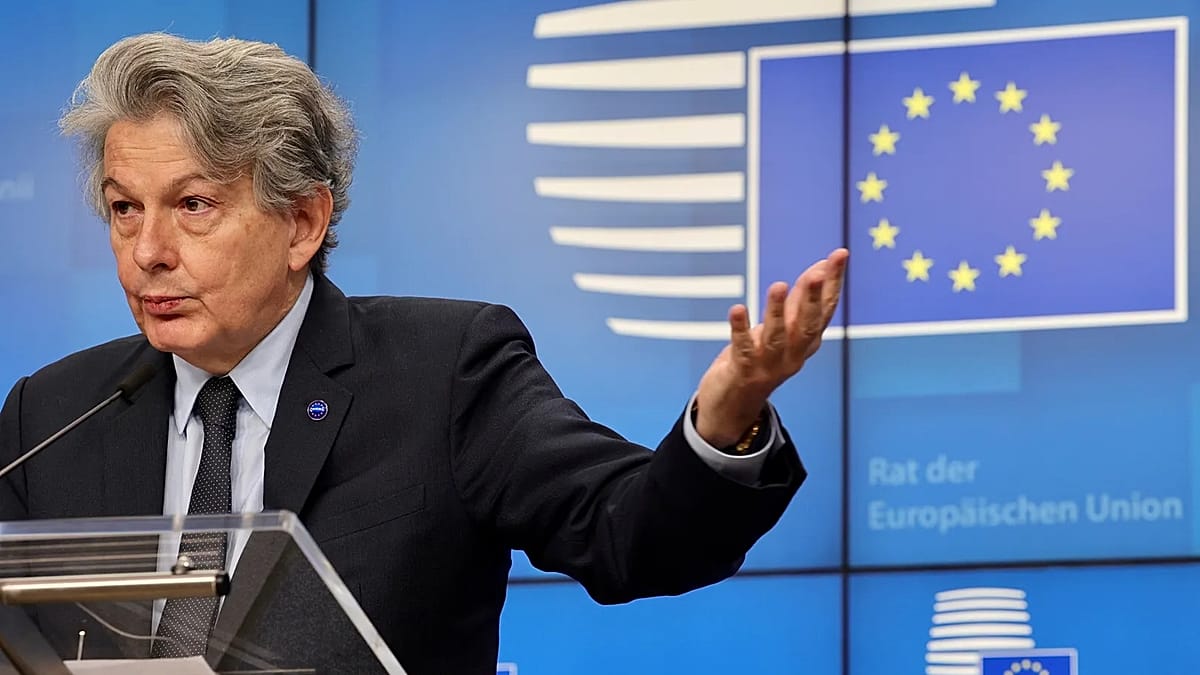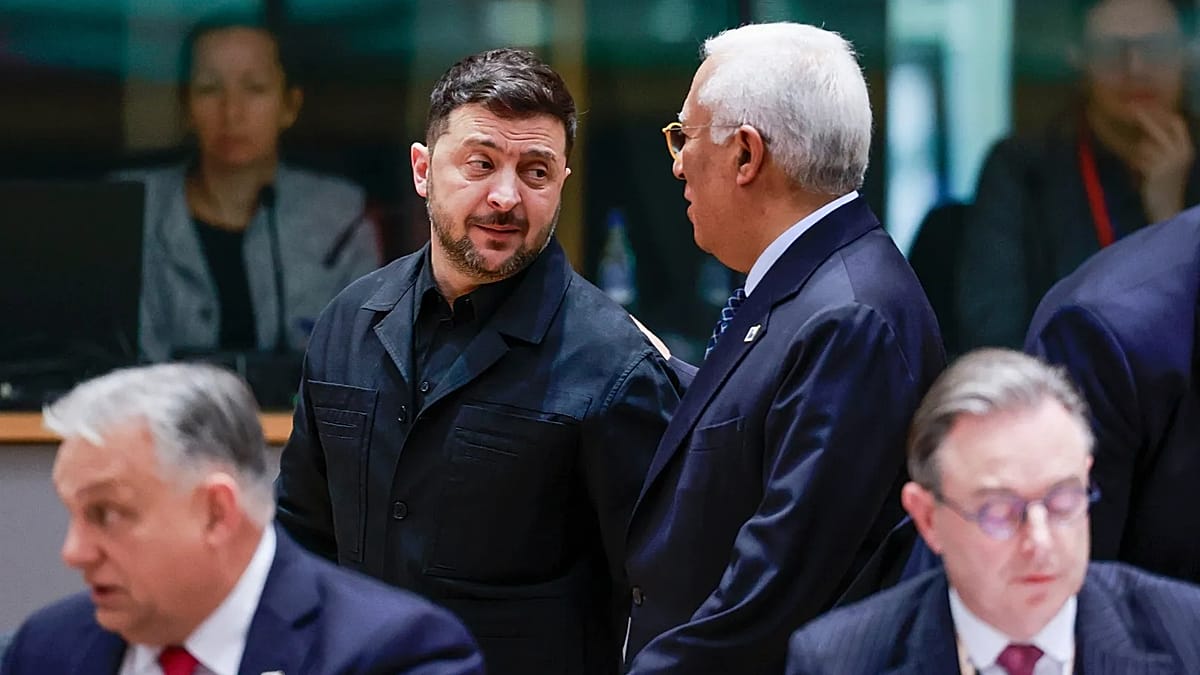
A mental health support service says it will have to reduce its operations if it cannot plug a $2 million shortfall.
Lifeline Aotearoa says it has had to stop services between midnight and 7am since March and, without sustainable funding, it cannot continue a full 24/7 service.
The service, which had operated for 60 years, is provided by Presbyterian Support Northern and did not receive government funding.
It wanted the Government to step in and fund the shortfall, but the Mental Health Minister told them it was up to Health New Zealand to decide.
Presbyterian Support Northern chief executive Shaun Greaves told RNZ that Lifeline and the Tautoko suicide crisis helplines responded to 40,000 calls in the year ending June 2025, but the reduction in hours has led to missed calls and texts.
While he was pleased to see Government investment in more peer support in emergency departments and crisis cafés, New Zealand’s suicide rate was still too high.
“If services like Lifeline cannot be there, we can only see those statistics getting worse. And there are real people behind these calls.”
Greaves stressed that midnight to 7am was Lifeline’s quietest time, with the service busiest between 5pm and 11pm.
“We want to be there for as many as possible.”
He said Presbyterian Support Northern had done everything it could to try and plug the shortfall, including requesting meetings with the mental health minister and putting in an application through the Mental Health Innovation Fund, which was declined.
“I know that the Government has faced some economic challenges, but if you look at the long-term costs of people who are ending their lives, the social and health costs, I think $2 million feels like a drop in the bucket really.”

Mental Health Minister Matt Doocey was not personally aware that Presbyterian Support Northern had written to him, but said Lifeline had not received government funding for more than a decade.
Doocey said funding decisions were for Health New Zealand, and expected Health New Zealand to engage with Lifeline about what types of funding may be available.
Doocey said there were government-funded helplines for people to use.
“In Budget 2025 we funded another 20,000 additional contacts on top of the existing funding for tele-healthlines such as 1737 and the earlier mental health response line.”

Labour’s mental health spokesperson Ingrid Leary said it was “worrying news” and claimed Doocey was missing in action.
“In one breath, he says he is investing more in mental health because he wants 24/7 digital crisis response, yet he has had months to step in and prevent the frontline crisis happening in the first place.”
Green Party co-leader Chlöe Swarbrick said it was “extremely distressing” and the Government needed to do everything it could to fund frontline services.

“We very clearly have a mental health crisis in this country,” she said.
“I think not only do we need to ensure that we are funding those frontline services to the need that they are hearing from the community, but more than that we need to be super-conscious of what was found in He Ara Oranga, the mental health and addiction inquiry back in 2018-2019, which is that inequality, precariousness, a lack of housing security, a lack of decent income all contribute towards mental ill health, and unfortunately those are all things this Government has made worse.”
By Giles Dexter and Midday Report of rnz.co.nz















